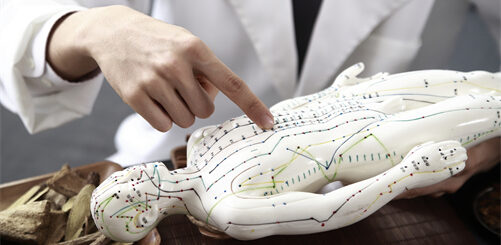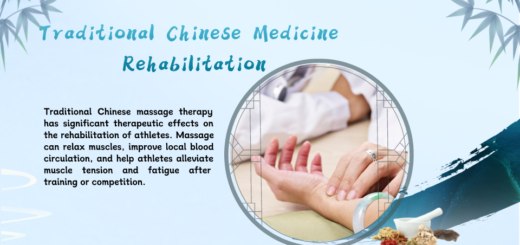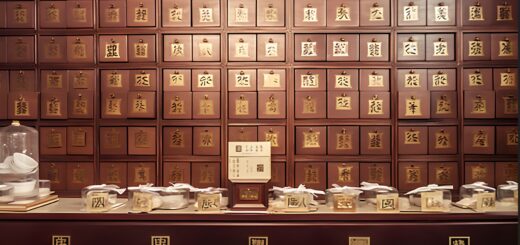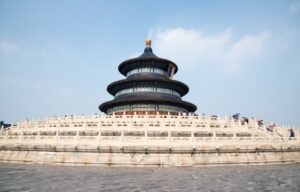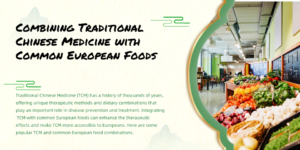The Science of Traditional Chinese Medicine

**”The Science of Traditional Chinese Medicine”** Traditional Chinese Medicine (TCM), an ancient medical system that has been passed down for thousands of years, its scientific nature has always been a controversial topic. However, when we deeply explore and understand TCM, we will find that it contains profound scientific principles. TCM emphasizes the holistic concept, believing that the human body is an organic whole, and various zang-fu organs and meridians are interrelated and mutually influencing. This coincides with the viewpoint of modern systems science. For example, TCM improves eye problems by regulating the liver, which reflects the scientific nature of overall conditioning. The diagnosis and treatment based on syndrome differentiation in TCM is an even more important manifestation of its scientific nature. It conducts comprehensive analysis according to the patient’s symptoms, signs, etc., judges the syndrome type of the disease, and then formulates an individualized treatment plan. This treatment method that varies from person to person and from disease to disease is in line with the concept of precision medicine. The ancient physician Zhang Zhongjing has detailed records of the diagnosis and treatment of different diseases in “Treatise on Cold Damage Disorders”, providing valuable experience for later physicians. The meridian theory of TCM is also its unique scientific contribution. Although the meridians have not been completely confirmed in modern anatomy, a large number of clinical practices and research show that the existence of meridians and their impact on human health are truly real. Traditional Chinese medical therapies such as acupuncture and tuina play a role based on the meridian theory and have achieved remarkable results in treating diseases and preventive health care. In addition, the theory of traditional Chinese medicine is also scientific. The properties, flavors, and channel tropism of traditional Chinese medicine, as well as its processing methods, etc., are all derived from long-term practice and summary. Many traditional Chinese medicines have also been confirmed to have definite curative effects in modern pharmacological research. For example, the discovery of artemisinin was inspired from traditional Chinese medical classics. Of course, TCM is also constantly keeping up with the times and absorbing the achievements of modern science and technology. Modern TCM uses imaging, laboratory tests and other means to assist in diagnosis, making the diagnosis of TCM more accurate and objective. In conclusion, TCM is a medical system with profound scientific connotations. We cannot ignore its scientific nature because of its antiquity, but should recognize and study it with an open and inclusive attitude, so that TCM can continue to play its unique value in modern society and make greater contributions to the cause of human health. Just as the national physician master Deng Tietao said: “TCM is a post-modern medicine. TCM is not backward, but runs too far ahead.” We should uphold a scientific attitude and inherit and carry forward the scientific essence of TCM.

